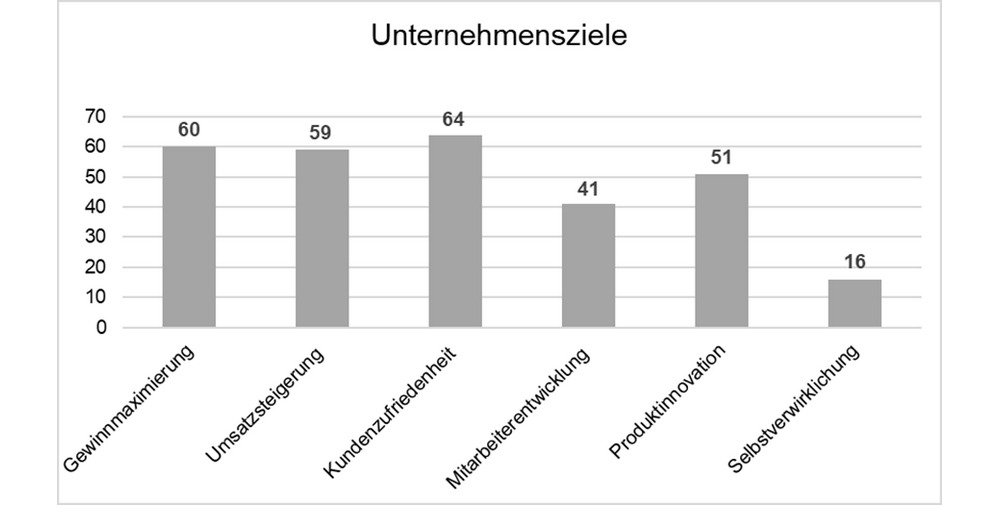
Four fundamental values were examined by means of hypothesis tests: Enjoyment, Utility, Ethics & Morality and Politics & Worldview, which are linked to established values research (after Erpenbeck, 2018). The results show that the differences between Generation Z (potential employees) and Baby Boomers/Generation X (employers & company representatives) are smaller than generally expected. Nevertheless, the analysis revealed a significant difference: Generation Z attaches particular importance to enjoyment values (p = .024).
Within this value axis, young people attach particular importance to social and communicative connections, exchange and social values. Other post-materialistic – ethical and moral – values also play an important role in Gen Z’s thought and evaluation processes. Generation Z is particularly characterized by its focus on personal development, lifelong learning and the desire to try things out for themselves. They strive for a supportive and cooperative (working) environment in which they feel connected and respected. They also attach great importance to social responsibility, justice and fairness, both at work and in society as a whole. Gen Z is looking for ‘connection’, ‘purpose’ and ‘diversity’. Work is relevant to Z-ers under conditions that respect their personal lives. The research suggests that small and medium-sized companies should also place importance on values and corporate identity and proclaim these on social media. Companies can ask themselves the question, what is important to whom? Who needs what to do a good job? How can the networking skills and social communication skills of Gen Z be utilized and made fruitful?
Theory suggests that managers have a major influence on how employees of different generational affiliations can work together and learn from each other (Erpenbeck & Sauter, 2018; Schein, 1985). More than ever, they are being asked to take responsibility ~ to shape a way of working together that goes beyond pragmatic economic goals – so that people want to commit to the company and work for it.
Questions that offered an insight into the culture of primarily STEM & IT companies showed that they appear to be adapted to the upcoming Generation Z to varying degrees. For example, of 85 company representatives, only around 50% stated “employee development” as a goal, although this appears to be particularly important for potential employees.
Sub-studies within the comparative analysis provided indications that values and skills may change depending on the context and that people develop and surpass themselves when they are involved in the organization. Decision-makers have a particular responsibility to create spaces in which people can experience their own learning history. To do this, however, they need to be met at the status quo and managers need to understand: “What is important to whom?” “What makes Gen Z tick?”
Source: Fischer, Salome (2024). “What makes Gen Z tick? Changing values in the world of work: A comparative analysis of employers and potential junior staff”: Bachelor thesis at the University of Applied Sciences Zittau/ Görlitz
– – – – –
Further links
👉 www.hszg.de
Graphic: Salome Fischer




